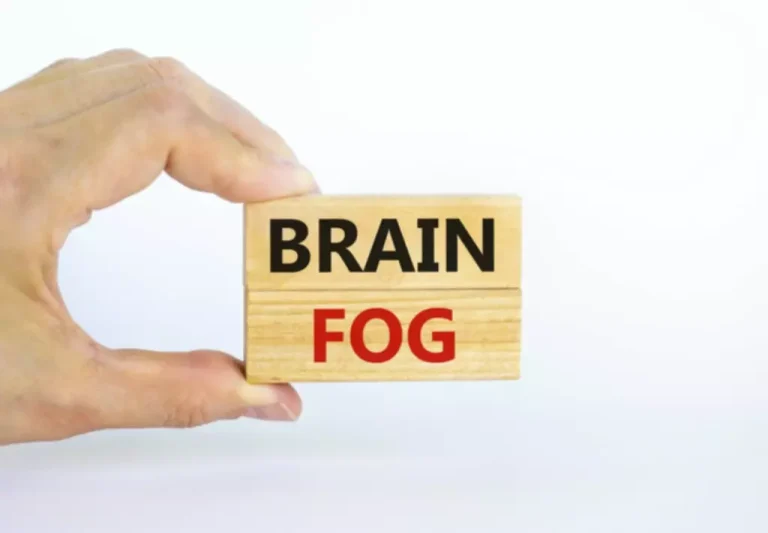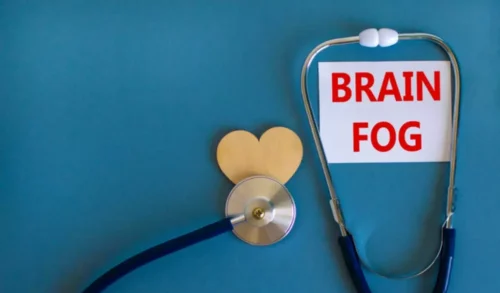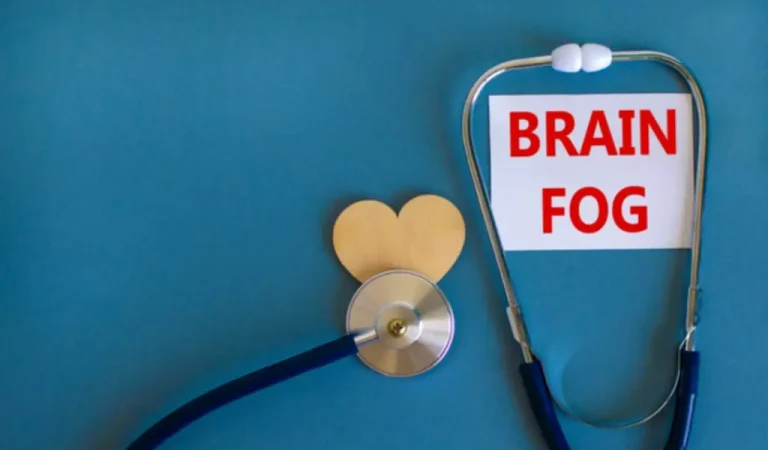
Moderation is key to safeguarding kidney health and minimizing the risk of does alcohol hurt your kidneys alcohol-related kidney damage. By practicing responsible drinking habits and staying within recommended limits, individuals can mitigate the adverse effects of alcohol on their kidneys and overall health. The Centers for Disease Control and Prevention (CDC) reports that nearly two-thirds of American adults drink alcohol.

Managing Blood Sugar and Chronic Kidney Disease
Naltrexone can be used to help reduce binge drinking by blocking the brain’s receptors that trigger euphoria or calmness when you drink. Ohio State experts explain a new federal advisory that indicates there’s no safe level of regular alcohol use when it comes to cancer risk. You can expect to hear about more research, debate, and controversy in the near future regarding the potential risks and benefits of drinking, and how much — if any — is ideal. If you experience any of these symptoms, you must consult a healthcare professional promptly for proper evaluation and management.
Women’s health
- Although alcohol does not cause direct harm to the kidneys, excessive intake can lead to significant health concerns.
- Blood pressure can be controlled or improved by limiting alcohol intake.
- From altering glomerular filtration rates to contributing to the development of alcoholic kidney disease (AKD), alcohol’s influence on renal function is multifaceted.
- Drinking too much even on just one occasion can have negative effects on overall health.
The UAB Medicine Addiction Recovery Program offers an individualized approach to assessing and treating alcohol and substance use disorder. The saying ‘you are what you eat’ especially rings true when it comes to body odor. Depending on what you eat or drink and your personal body chemistry, it could produce a rather unpleasant order. A research team at Ohio State is testing a targeted gene therapy approach to treat alcohol addiction.
Long-Term Effects on Kidney Health

You can reduce the risk of dehydration by drinking water while using alcohol. While there is no set amount of water you should be consuming, many medical professionals recommend drinking at least two full glasses of water for every alcoholic drink you use. Studies show that no amount of alcohol is good for your health. However, it is believed that light to moderate drinking is unlikely to cause serious health problems for most people. Some experts would contend that any alcohol is too much, but most will just advise against heavy alcohol use.
Blood Pressure Changes
- Alcohol can cause changes in the function of the kidneys and make them less able to filter your blood.
- Some research suggests there’s no harm in people with CKD having an occasional drink.
- Long-term alcohol use can have significant and lasting effects on the kidneys.
While this is by means no recommendation to drink more alcohol or to start drinking, they do suggest that light to moderate drinking has not been shown to increase the risk of developing CKD. Alcohol and kidneys can be an unhealthy combination over time and in excess. The use of alcohol can lead to both short- and long-term kidney damage. If you or your loved one have kidney problems caused by alcohol consumption, you may have an alcohol use disorder.

The slope of decline in the eGFR estimated over 12 years was less steep in the higher alcohol intake groups (Fig. 3). Alcohol has long been considered a «social lubricant» because drinking may encourage social interaction. Having a drink while getting together with family or friends is often part of many special occasions.
Red wine and kidney disease: What you should know
The primary outcome was a decline in kidney function over 12 years. This was assessed by measuring the change in the estimated glomerular filtration rate (eGFR) calculated by subtracting the baseline eGFR from the eGFR at the sixth phase of follow-up. A negative value of the change in eGFR indicates a fall in eGFR. The association of the secondary exposures—frequency of alcohol consumption and binge drinking—with the change in the eGFR were also assessed. The secondary outcome was a rapid decline in kidney function, defined as a decrease in the eGFR ≥ 20 mL/min/1.73 m2 over 12 years. The eGFR was calculated according to the CKD-EPI (Chronic Kidney Disease Epidemiology Collaboration) equation17.
Medical
Alcohol’s vasodilatory properties, meaning it widens blood vessels, initially increase renal blood flow. However, this initial increase is often followed by a decrease in GFR, particularly with higher alcohol consumption. Before delving into the impact of alcohol on kidney health, it’s crucial to grasp the vital role drug addiction treatment kidneys play in maintaining overall well-being.
- Rather than the type of beverage, it is the amount of alcohol that affects the kidneys, with binge or excessive drinking having the most impact.
- Binge drinking is drinking more than four or five drinks at one time.
- While the kidneys can heal quite well once heavy alcohol use is removed, there may be situations where the stress is so great that it causes lasting damage.
- A research team at Ohio State is testing a targeted gene therapy approach to treat alcohol addiction.
However, 3 glasses of wine would contribute over 500 milligrams potassium. Alcohol use can also promote the kidney-damaging formation of harmful compounds called reactive oxygen species (ROS). Looking for addiction treatment in Columbus, Ohio or the surrounding areas? We have inpatient and outpatient facilities nearby and across the country ready to help. People with alcohol-induced CKD will require treatment for AUD as well as CKD.
According to the NKF, individuals who have sustained an alcohol-induced AKI may require dialysis, depending on severity. Dialysis is a procedure that involves filtering waste products and excess fluid from the blood. The treatment for alcohol-induced kidney problems depends largely on the type of kidney disease a person has sustained.

